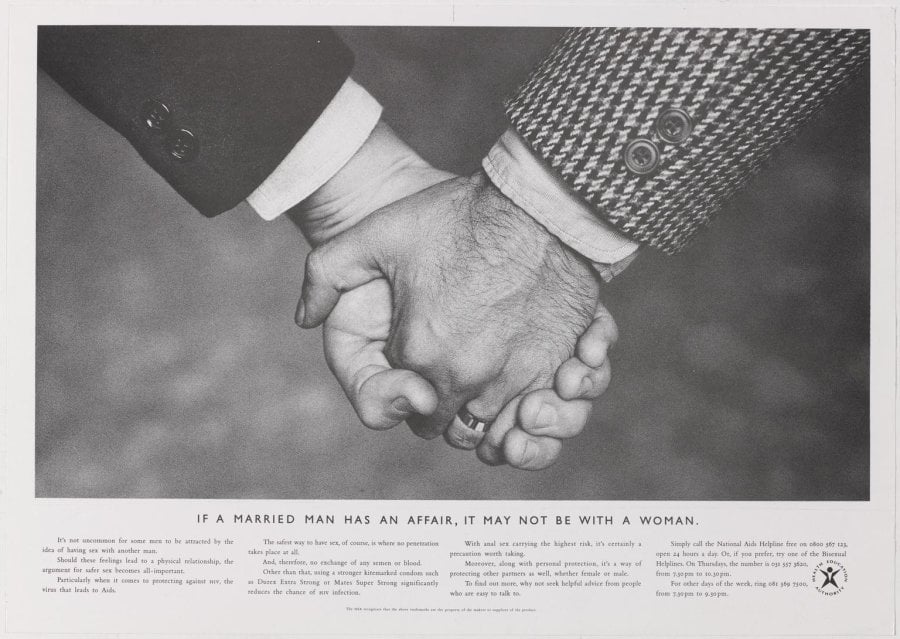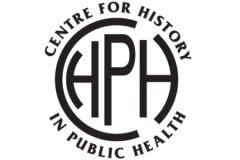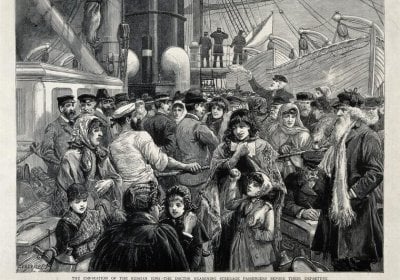‘If a married man has an affair, it may not be with a woman’: Bringing bisexuality into histories of HIV/AIDS

This seminar has been postponed due to unforeseen circumstances. We apologise for any inconvenience this may cause.
This month is LGBT History Month in the UK, so the Centre for History in Public Health (CHiPH) is hosting four seminars exploring queer health history as part of their ongoing seminar series (currently convened by Dr Hannah J. Elizabeth). Join the seminars to hear about the intersections between queer health, history, and activism across varied time periods and geographies. While most CHiPH seminars are recorded, join the zoom live to join the discussion.
The only English AIDS public health advertisement that explicitly discussed bisexuality and attraction to multiple genders presented tropes that have become familiar in bisexuality studies, linking bisexuality to non-monogamy, secrecy and threat – the ‘married man’ who transmits HIV to his unsuspecting wife. The figure of ‘the bisexual’ was a source of fear during the AIDS epidemic, raising the possibility of transmission between gay men and ‘innocent’ heterosexuals and lesbians.
This paper will discuss the origins of this framing, and its long-lasting impact on bisexual people and politics, drawing on oral histories and archival sources from the 1970s, 1980s and 1990s.
Speaker
Dr Martha Robinson Rhodes (she/her) recently completed a PhD in Modern British History at the University of Birmingham, focusing on queer oral histories of bisexuality and multiple-gender-attraction. She is currently working as a Research Officer at Stonewall and is the Membership Secretary for the Oral History Society’s LGBTQ+ Special Interest Group.
Please note that the recording link will be listed on this page when available
Admission
Contact


